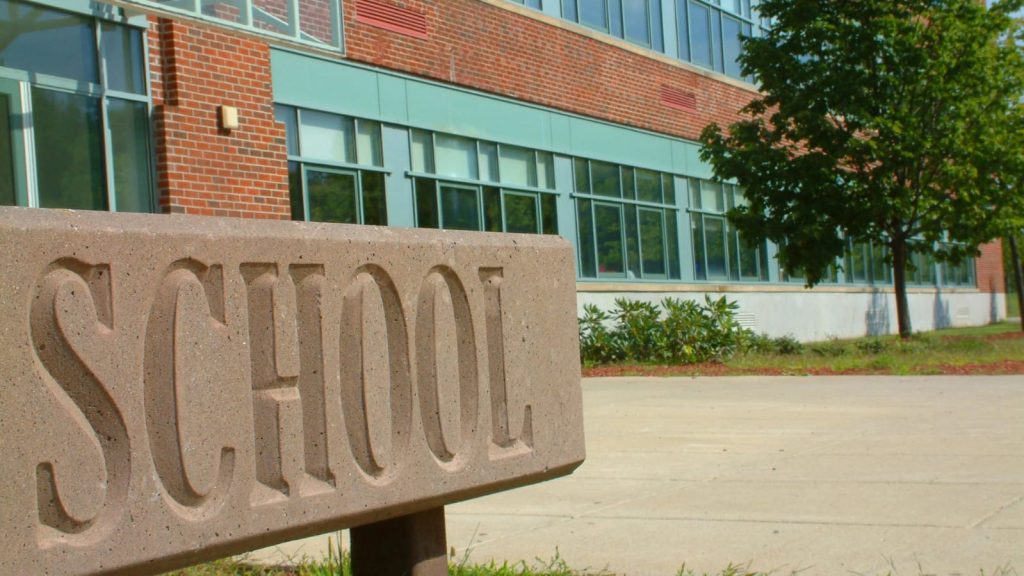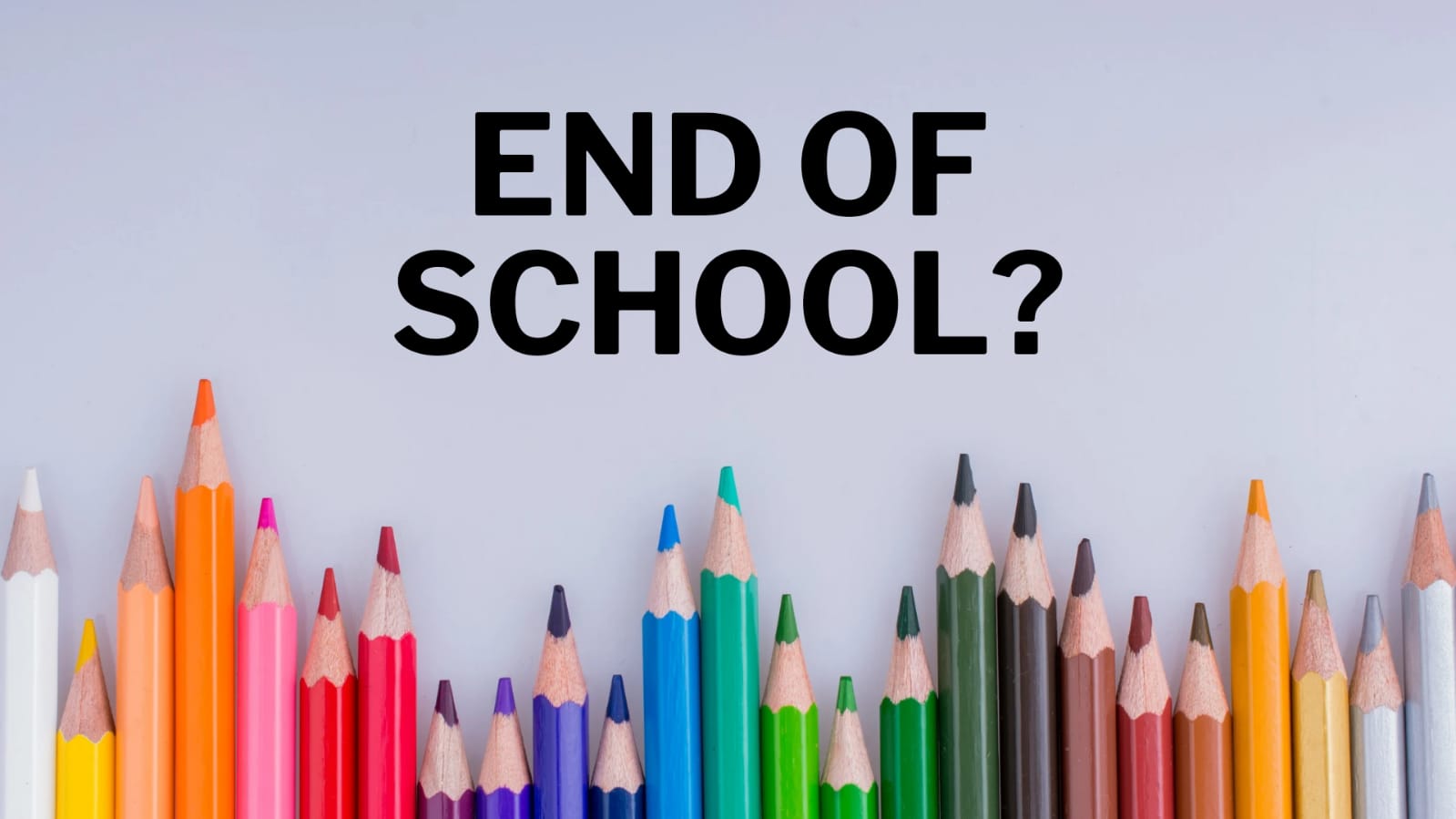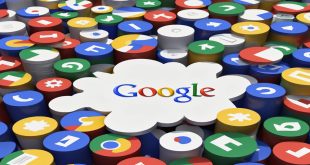Hey, the future generations, like your descendants, are going to be really dumb compared to you when it comes to brain stuff. They may not know math, they may not know how to write essays, and they’re not going to know all the stuff you do that makes you successful right now; they’re not going to know anything about that.
The future of education is one of three options. Having AI do all we want and becoming useless, fully controlling students, or providing all the help and material they need for a better but different education. If it ends up being one of the first two options, I’m pretty sure we’d all drop out of school quickly, and it would be the start of the matrix. I’m optimistic it will be the third option. Also, what Lewis actually said was actually much more positive. They’re not going to know anything about that, but they’re going to have something else. I think it’s intuition. AI is a shift in education that offers amazing opportunities for personalized learning, efficient teaching, and access to education for all ages. This technology will change not only how and what we learn, but also the skills we need for the future. Oh, and spoiler alert, we might become dependent on AI, but that would be nothing new. We are dependent on electricity, our cars, and the internet. This is just another technological step towards a better quality of life. This is if you leverage it properly. And don’t worry about that; my videos and newsletters linked below help you understand and leverage new AI technologies easily.
Let’s dive into how real companies, real products, and real people are already using AI to change the education system, how one can leverage AI to learn more, and finish with some cool tips for educators and professors. The CEO of NVIDIA, Chen Senhuang, believes that programming is no longer a useful skill for future workers. The more AI advances, the more everyone becomes a programmer. Almost everybody who sits on a stage like this would tell you that it is vital that your children learn computer science. Everybody should learn how to program, and in fact, it’s almost exactly the opposite. It is our job to create computing technology such that nobody has to program, and that programming language is human. Everybody in the world is now a programmer. This is the miracle of artificial intelligence.” And I completely agree with him. Things are changing faster than ever, with a shift towards more general communication skills. Things we learn in school are always evolving, even though they evolve quite slowly in university, from my personal experience. Anyway, we now have a calculator to do basic math. Once we understand multiplications and divisions, we no longer have to do them by hand. We use a computer with Antidote to correct our grammar. Once we understand how it works and how to write, we can use Antidote to double-check. Shortly, we’ll use AI to do many, many things for us, and when I say shortly, I don’t mean in years. I mean, it’s already started. Sure, you should never trust it blindly, just like you should not assume Antidote made your text perfect. It’s just another tool in your toolset, and you need to use it. So what else will AI change? Well, I unfortunately cannot give you the final answer, but what I can say is that it will have a huge impact on what type of skills we need to learn, just like programming. Most technical skills will become increasingly obsolete as technical people transition towards more managing roles, overseeing automated work, and reviewing and correcting it. Even I use AI to code most of my work, adapting and reviewing it. Programming is just one example of leveraging AI to replace traditional technical work that we already see. I also use it for various paperwork, brainstorming post IDs, and improving my videos, asking if my current script is clear enough or for things that could be added to improve it.
AI will be applied similarly in all industries. We will learn to leverage AI to code rather than learning to code. It’s just more efficient to supervise and correct than to do from zero, as long as someone checks, edits, and improves their results. Still, we must learn various useful skills, even if we don’t use them, or else the hallucination issue can become quite problematic. I’m glad I learned all the basic math, even though it’s rarely useful. I’m also glad I learned to write; otherwise, I couldn’t have made this channel. School and learning new skills are useful, but the way we learn is dramatically changing, again thanks to artificial intelligence. Here I’m not referring to the video I showed earlier in which a school in China leveraged AI to control its students. AI can be used for good. Instead of having a professor teach 50 students, we can have one professor per student. We can deliver personalized feedback, personalized exercises, and personalized everything. I also think online education is going to dominate and change everything. Online education has opened up so many opportunities for so many people. At the same time, there is something to be said about being in person. I feel like it’s a lot more engaging to be in person than online. So I think it’s a trade-off. It’s like how engaged you want to be and how much community presence you want to feel compared to the flexibility of it all.
So I think there’s still room for both places. If you really want to be in person, you really want to be engaged, and you feel like that’s important for your learning, I say go there. But if you’re like, Hey, I only have you know six hours a week at like random times, traditional education might not work for you, so online education might be the right fit. Of course, being in person, making connections, making friends, and all other social aspects of school are super important, especially at an early age. But online education, especially when coupled with online communities, allows us to both scale learning and, paradoxically, make it more tailored to each student. Khan Academy already uses AI to adapt to each student’s learning pace, offering personalized exercises and feedback. This is much better than just having a grade, and if you pass at 60%, you go to the next year. This means you didn’t understand nearly half of the course. We can do much better. If you can afford it, hiring a tutor is the current solution for better personalized learning for most students. Well, we can also have AI tutors for a fraction of the price to help you learn and practice almost anything, and it won’t judge you or lose its patience ever. Duolingo uses chatbots to help language learners practice conversation. They can even simulate conversations with language learners in multiple languages, offering connections and suggestions in real time. This makes learning a new language more accessible and personalized than ever before. Now that I think of it, I might try Spanish again. Khan Academy does the same for their courses. And we at 2RZI also have our own AI tutor that helps you learn AI along with our courses and articles. I can say from first-hand experience that these tutors are not perfect yet, but they are so much better than not using them, and they will keep improving. We can have better interactive platforms like SimSnap, a project focusing on collaborative learning in middle school life science classes. It uses tablets to support simulations of biological systems, enhancing understanding of complex topics through interactive learning. I would have loved to have that in my chemistry classes in college. And then there’s learning through video games, where AI is the cool teacher that lets you play Minecraft in class. Some already use AI in educational video games like Minecraft to create dynamic STEM learning environments by analyzing learners’ behaviors and scientific observations within the game. The AI helps students explore simulated environments that are hard to explore otherwise, like exoplanets, where they can conduct experiments, take measurements, and build habitats, enhancing their understanding of complex scientific concepts through interactive and engaging gameplay. Imagine having your child want to play a game that is actually useful to them and teaches them cool stuff. That was all the most general stuff. Now let’s look into how people learning, whether children or you, can leverage AI to learn more and more efficiently, which is important if you don’t want to end up in the matrix. When it comes to learning something, I believe you need two things: Google and ChatGPT. You can do anything with those two things. Of course, as with everything, don’t blindly trust ChatGPT or even Google, but you can ask it about anything and speed up your learning process or just quickly double check something you aren’t sure about. ChatGPT is like a better Google.

I also strongly suggest using ChatGPT Plus because you can ask it to look online for up-to-date information, and the results are much better, too. For instance, I use ChatGPT daily for YouTube and my work as a programmer in AI. Whenever I need to start over on a coding-related task or implement a new feature, I start with ChatGPT to have a working template and then improve it. It’s just so efficient; instead of starting from scratch or from code, you find online that needs adaptation. It skips this step, adapting it to your use case. I also use it to brainstorm ideas for content or parts of my videos I can improve. For example, I had finished the script of this video, and it suggested I talk a bit more about online courses based on what I told it about myself, which I think is a great suggestion. I used to take online courses while also attending university. It helped me a lot. Learning from different professors and learning methods is super important for ensuring that you really understand. Now, couple it with ChatGBT, and it’s just even more amazing. Well, in fact, you probably don’t even need the university part anymore, other than for the paper it gives. And just like me, following English courses when you speak French or another language might be tough. Here, you can return to using ChatGPT to better understand assessment instructions by inputting specific parts of the instructions into ChatGPT to get alternative explanations and personalized guidance.
This breaks down complex instructions into a more manageable step-by-step process. This barrier is just one of the many that AI breaks down in education. If I were in university or college again, I’d probably be on Judge GPT all the time, creating targeted practice by feeding it my homework or initial quiz results. I could even ask all my dumb questions without fear of being judged, which I know discourages many, including me. There are tons of ways we can use even just Judge GPT to learn more, and I’m not even talking about the extra online tools that exist for students. Just remember, AI might be smart, but it once thought a dog was a muffin, so always double-check its answers. There is tons of cool new stuff for students, but what about the teachers? Well, it’s even better. Teachers can also leverage ChatGPT to do tons of work for them. It can help them correct copies, assuming they double-check, brainstorm exercise ideas for students, help adapt examples for different classes, generate quiz questions based on course material, create interactive learning modules, and much more. For the new teachers, you can send your course material in PDF and ask it to generate questions students may ask to prepare themselves better, giving the students background knowledge with it. A teacher can use it to upscale or keep the resources up-to-date if they are working with coding libraries or other evolving topics. I personally use it to simplify my lessons and videos, asking it to explain concepts clearly or check if anything is hard to understand in my videos. I also often use it in my research to summarize or look for things I could add to improve my lesson or video. Finally, teachers, universities, and online platforms are also already using AI in analytics to predict students’ performance and dropout rates better, helping to provide interventions to support at-risk students. For online learning platforms, we even use it to give the right learning format to students, tracking if they seem to enjoy videos or articles more and giving them more of the content they seem to have difficulties understanding.
And those current applications are all mostly relying on ChatGPD. Much more is coming and is built around that, involving artificial intelligence technologies. Before I conclude this video, I want to warn you about using AI to learn new skills. Don’t trust an AI blindly. It’s not intelligent, it’s not conscious, and it’s not human. I always double-check with trusted sources, either on Google or with my peers. It’s a powerful tool that you can leverage, but you still need to be careful and ensure you truly understand and master something, not copy-paste from chat GPT. There are also biases and privacy concerns that we need to be conscious of and deal with, especially from the government side. Regardless, AI will only be more present in education, whether we want it or not. Let’s hope it’s for the better. The only thing I’m convinced of is that the traditional education system will not remain the same. Even I learned more about my personal domain online than during school. Of course, school was super useful, especially for the social part, as I said, and I assume learning to live in a society. However, university and graduate studies will drop in popularity when companies understand that a paper doesn’t mean that much. Let me know if you agree or disagree and your thoughts on how AI impacts the education system. I’d love to hear them. I see you either in the comments or in the next one, demystifying a new research or industry that AI is transforming.



